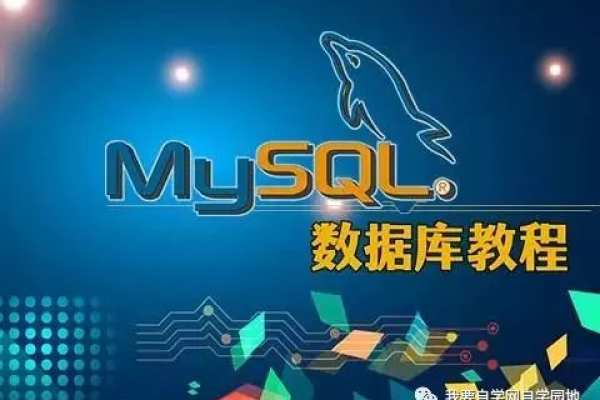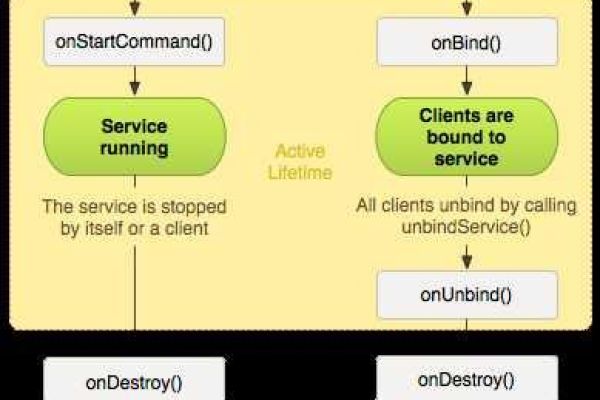如何实践Android应用开发,以数独游戏为例?
- 行业动态
- 2024-11-11
- 1
Android数独游戏开发包括界面布局设计、用户交互处理和数据结构管理等关键步骤,通过自定义View实现九宫格展示及数字输入验证。
Android应用实践之数独游戏开发
一、项目
项目背景与目标
数独作为一种广受欢迎的逻辑推理游戏,起源于18世纪的瑞士,后在美国和日本得到广泛传播,它不仅能锻炼玩家的逻辑思维能力,还能提供娱乐,本项目旨在开发一款Android数独游戏应用,使用户能够随时随地在手机上享受数独带来的乐趣。
主要功能需求
数独游戏界面展示
用户交互(输入数字、错误提示)
游戏难度选择(简单、普通、困难)
游戏进度保存与加载
基础解法算法支持,帮助用户解决难题
二、环境搭建与工具准备
开发环境配置
使用Android Studio作为开发工具,配置好SDK及AVD(Android Virtual Device),确保可以模拟器和真机上进行测试。
所需工具与库
Android SDK
Android Support Library
ConstraintLayout或GridLayout用于界面布局
三、界面设计与布局
主界面设计
主界面采用LinearLayout布局,包含标题TextView和四个按钮(继续游戏、新游戏、退出)。
<LinearLayout xmlns:android="http://schemas.android.com/apk/res/android"
android:background="@color/background"
android:layout_height="fill_parent"
android:layout_width="fill_parent"
android:padding="30dip"
android:orientation="horizontal">
<LinearLayout
android:orientation="vertical"
android:layout_width="fill_parent"
android:layout_height="wrap_content"
android:layout_gravity="center">
<TextView
android:layout_width="wrap_content"
android:layout_height="wrap_content"
android:layout_gravity="center"
android:layout_marginBottom="25dip"
android:text="@string/main_title"
android:textSize="24sp"/>
<Button
android:id="@+id/continue_button"
android:layout_width="fill_parent"
android:layout_height="wrap_content"
android:text="@string/continue_label"/>
<Button
android:id="@+id/new_button"
android:layout_width="fill_parent"
android:layout_height="wrap_content"
android:text="@string/new_game_label"/>
<Button
android:id="@+id/about_button"
android:layout_width="fill_parent"
android:layout_height="wrap_content"
android:text="@string/about_label"/>
<Button
android:id="@+id/exit_button"
android:layout_width="fill_parent"
android:layout_height="wrap_content"
android:text="@string/exit_label"/>
</LinearLayout>
</LinearLayout>数字键盘布局
使用TableLayout来排列数字按钮,便于用户点击输入。
<TableLayout xmlns:android="http://schemas.android.com/apk/res/android"
android:id="@+id/keypad"
android:layout_width="wrap_content"
android:layout_height="wrap_content"
android:orientation="vertical"
android:background="@color/puzzle_background"
android:stretchColumns="*">
<TableRow>
<Button android:id="@+id/keypad_1" android:text="1"/>
<Button android:id="@+id/keypad_2" android:text="2"/>
<Button android:id="@+id/keypad_3" android:text="3"/>
</TableRow>
<!-其他按钮略 -->
</TableLayout>四、核心功能实现
数独游戏核心逻辑
创建一个数独游戏类SudokuGame,包含生成棋盘、检查输入合法性、辅助解题等功能。
public class SudokuGame {
private int[][] board; // 9x9数独盘面
private int difficulty; // 游戏难度
public SudokuGame(int difficulty) {
this.difficulty = difficulty;
generateBoard();
}
// 生成数独棋盘的方法...
// 检查输入是否合法的方法...
}用户交互与事件处理
在活动中处理用户的点击事件,更新界面并验证输入的正确性。
public class SudokuActivity extends AppCompatActivity {
private SudokuGame currentGame;
@Override
protected void onCreate(Bundle savedInstanceState) {
super.onCreate(savedInstanceState);
setContentView(R.layout.activity_main);
currentGame = new SudokuGame(SudokuGame.Difficulty.EASY); // 默认简单难度
// 设置按钮点击事件监听器...
}
}数据结构与算法优化
使用二维数组存储数独盘面,通过递归回溯算法生成初始棋盘和解决数独问题。
public void generateBoard() {
// 生成随机棋盘的代码...
}
public boolean solve() {
// 解决数独问题的回溯算法...
}五、用户体验提升与性能优化
动画效果与错误提示
添加动画效果和错误提示,提升用户体验,当用户输入错误时,显示短暂的红色背景提示。
if (!isValidInput(row, col, num)) {
// 显示错误提示的代码...
}多语言支持与适配不同设备
使用资源文件提供多语言支持,确保在不同设备上的显示效果一致。
<resources>
<string name="app_name">数独游戏</string>
<string name="continue_label">继续游戏</string>
<string name="new_game_label">新游戏</string>
<!-其他字符串资源略 -->
</resources>六、测试与调试
单元测试与集成测试策略
编写单元测试和集成测试,确保各个模块和整体应用的功能正确无误,使用Android JUnit框架进行测试。
@Test
fun testGenerateBoard() {
val game = SudokuGame(SudokuGame.Difficulty.EASY)
val board = game.getBoard()
// 断言数独盘面的有效性...
}常见问题与解决方案汇总
记录开发过程中遇到的常见问题及其解决方案,便于后续维护和升级,处理OutOfMemoryError异常,优化图片资源的使用等。
问题:应用崩溃,日志显示OutOfMemoryError异常。 解决方案:优化大图片资源,使用更小的图片规格或减少图片的使用。
七、归纳与展望
通过本次Android数独游戏的开发实践,熟悉了Android应用开发的基本流程和技术点,包括UI设计、用户交互、数据结构管理以及游戏逻辑的实现,未来可以进一步优化算法,增加更多功能如在线对战模式等,提升用户体验。
到此,以上就是小编对于“Android应用实践之数独游戏开发”的问题就介绍到这了,希望介绍的几点解答对大家有用,有任何问题和不懂的,欢迎各位朋友在评论区讨论,给我留言。
本站发布或转载的文章及图片均来自网络,其原创性以及文中表达的观点和判断不代表本站,有问题联系侵删!
本文链接:http://www.xixizhuji.com/fuzhu/17400.html


